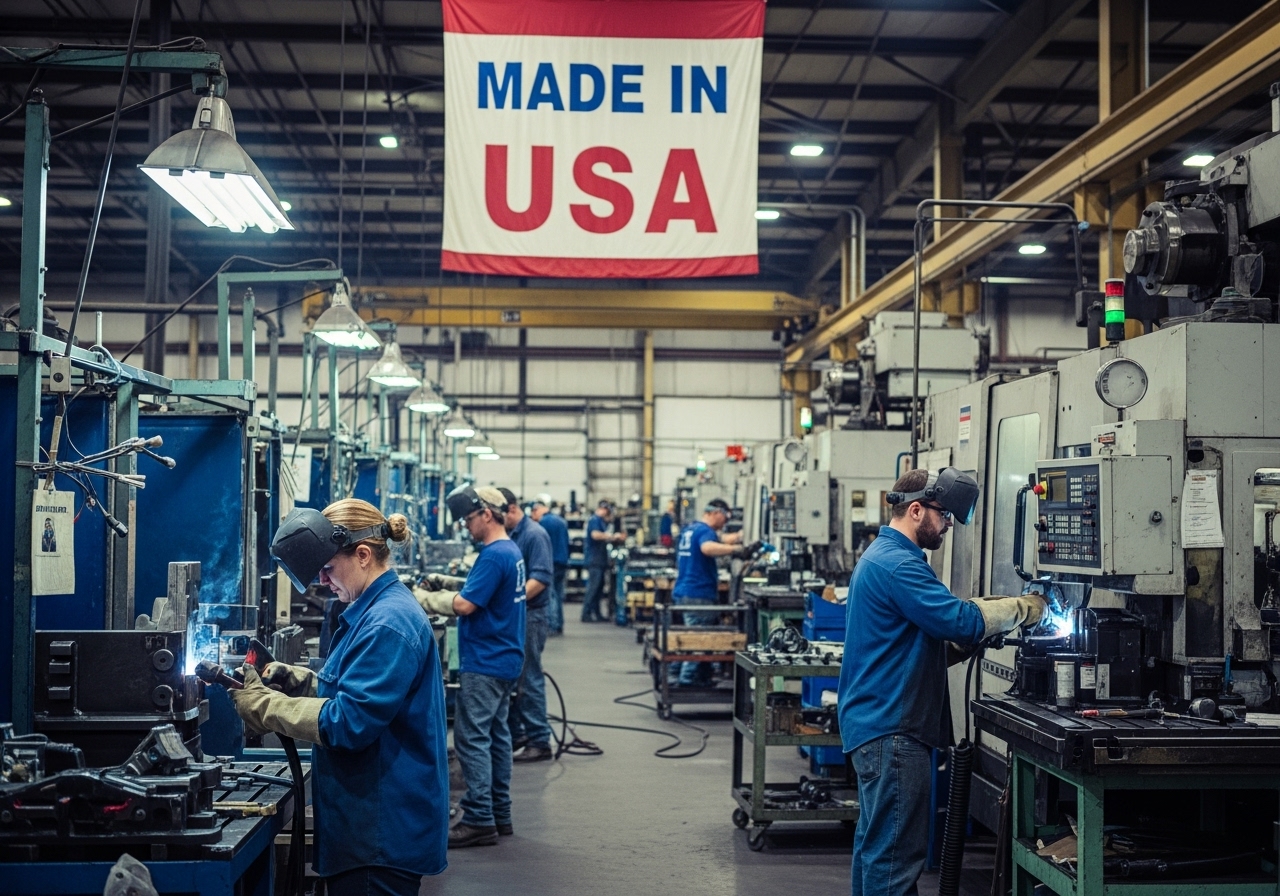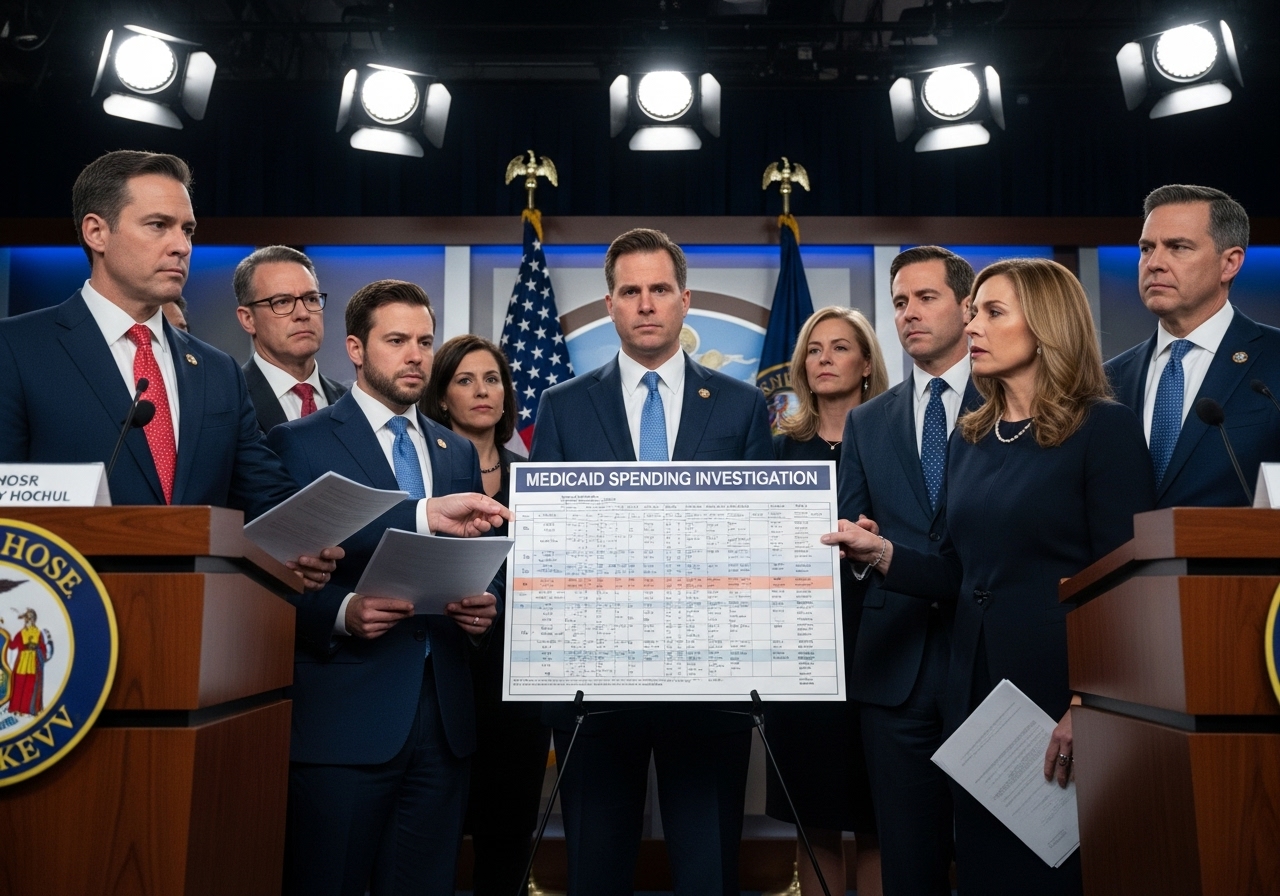President Donald Trump’s plan to impose a 25 percent tariff on imported automobiles has sent foreign automakers scrambling—and it’s exactly the kind of economic shift that puts America first. With Trump making it clear that automakers with U.S. factories will be exempt, companies like Hyundai and Kia are now working overtime to expand American production to dodge the tariff.
Foreign Automakers Forced to Choose: Build in America or Pay Up
Trump has made no apologies about his America-first economic policies, and this latest auto tariff move is no different. During a recent announcement, he gave automakers a choice:
“If they have a plant and factory here, there will be no tariff,” Trump stated.
Hyundai and Kia got the message loud and clear. The South Korean auto giants announced plans to ramp up their U.S. vehicle production by 70 percent, thanks in large part to their massive new plant in Georgia, which is set to open in March.
This isn’t just good news for American manufacturing—it’s a direct reversal of the disastrous outsourcing trend that globalists have championed for decades. By bringing production home, companies like Hyundai and Kia will create thousands of new jobs and strengthen the domestic economy.
South Korea’s Auto Industry in Panic Mode
South Korea’s economy heavily depends on automobile exports—27.2 percent of the country’s total exports are cars. And with a 25 percent tariff looming, industry experts predict that auto exports to the U.S. could drop nearly 20 percent.
South Korean companies are now scrambling to find solutions. Kia, which also has a manufacturing plant in Mexico, is considering rerouting its supply chain through Canada to take advantage of existing zero-tariff trade agreements.
Meanwhile, Hyundai is doubling down on U.S. manufacturing, with its Georgia plant set to produce 350,000 vehicles per year—on top of the 400,000-unit capacity at its Alabama facility.
Mexican Auto Industry Braces for a Major Blow
Trump’s America-first strategy isn’t just sending shockwaves through South Korea—Mexico’s auto industry is also in panic mode. Nissan CEO Makoto Uchida admitted that the Japanese automaker is reevaluating production in Mexico, saying:
“If high tariffs are imposed, we need to be ready for this and maybe we can transfer production elsewhere.”
With Trump’s 25 percent tariff on Mexican imports still in place, automakers who rely on Mexico are quickly realizing they have two choices—move production to the U.S. or get hit with massive tariffs.
Trump’s Plan is Already Working
Trump’s hardball trade tactics have been mocked and dismissed by the globalist elite for years. But here’s the reality: his strategy is forcing foreign companies to invest in America.
By leveraging tariffs as a negotiating tool, Trump is rewriting the rules of global trade, bringing manufacturing jobs back home and punishing countries that exploit cheap labor while undercutting American workers.
And let’s be clear—this move isn’t just about economics, it’s about national security. A strong U.S. auto industry means less reliance on foreign production, protecting critical supply chains from adversarial nations like China.
It’s America First, Whether Globalists Like It or Not
Trump has once again proven that bold leadership gets results. While Biden spent four years selling out American workers, Trump is putting U.S. manufacturing back on the map.
Hyundai, Kia, and Nissan now face a simple choice:
Build in America, or pay the price.





Comments are closed.